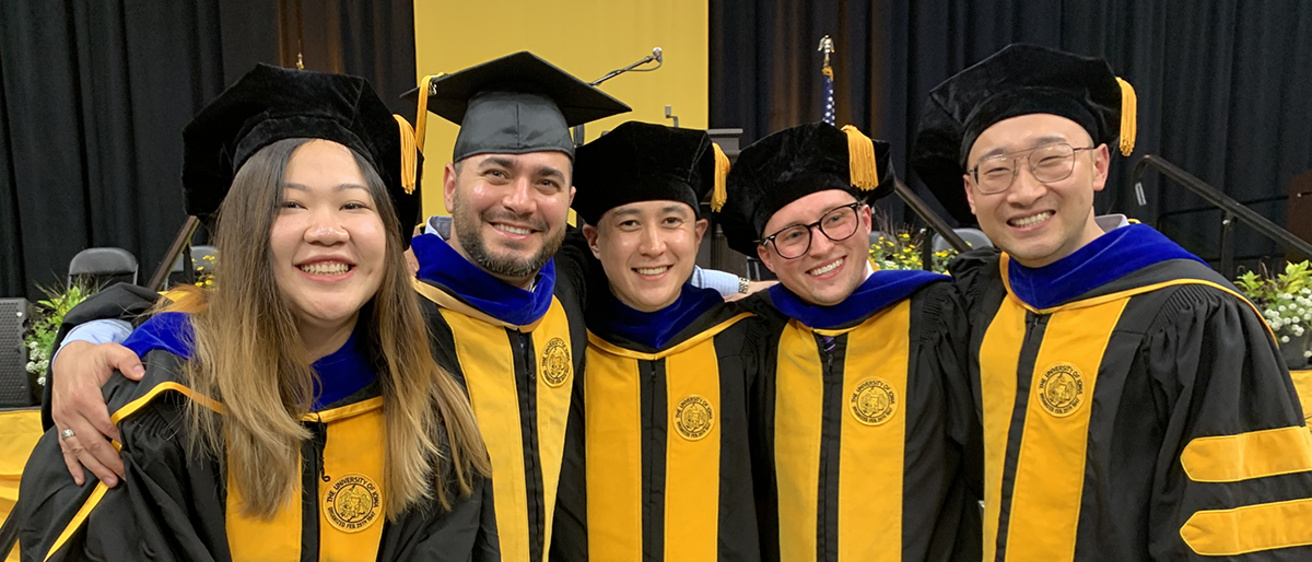Main navigation
Graduate Education in Anatomy and Cell Biology
A graduate degree in Anatomy and Cell Biology typically involves an in-depth study of the structure and function of biological systems at both the macroscopic and microscopic levels.
Students engage in rigorous coursework covering advanced topics such as human anatomy, histology, embryology, and cellular physiology. Research plays a central role, with students conducting original experiments, often using techniques like microscopy, molecular biology, and bioinformatics to explore cellular mechanisms and their implications for health and disease.
The program culminates in the completion of a thesis or dissertation, contributing new knowledge to the field. Graduates are equipped with a comprehensive understanding of cell biology, anatomy, and related biomedical sciences, preparing them for careers in academia, research, healthcare, or biotechnology.
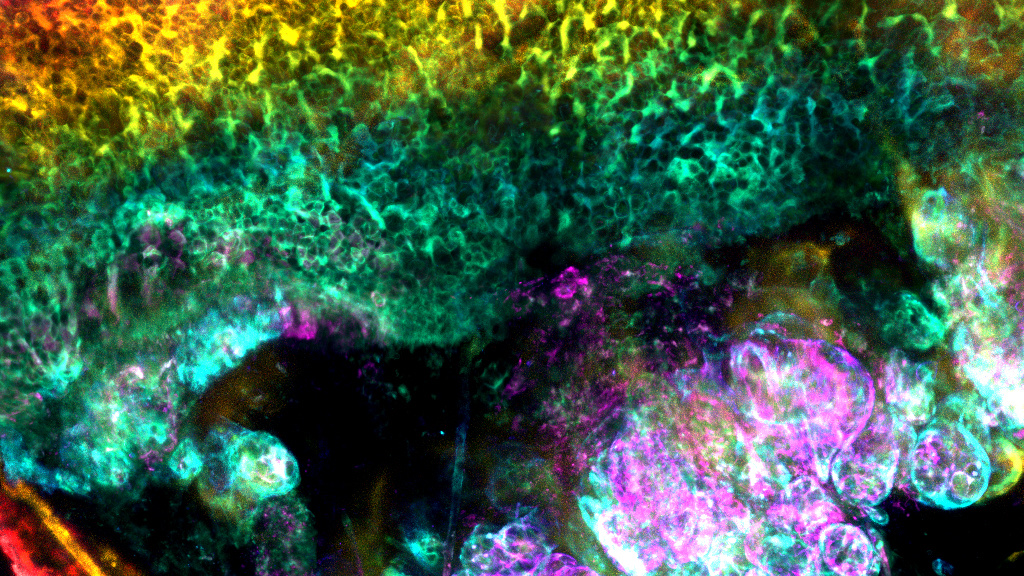
Cell and Developmental Biology Program
Cell and Developmental Biology (CDB) Graduate Program offers a curriculum leading to the Doctor of Philosophy PhD.
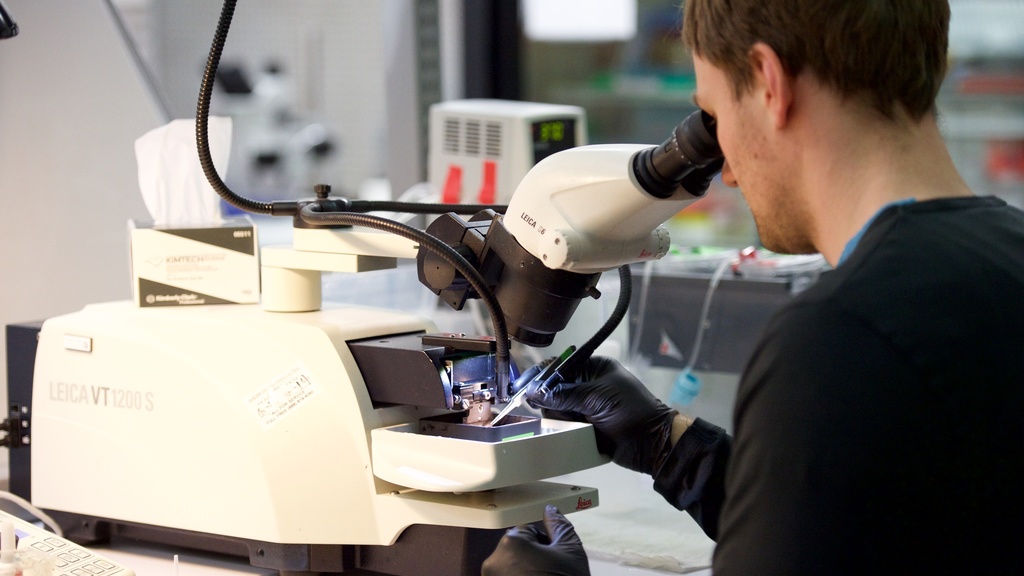
Interdisciplinary Graduate Programs
These programs foster innovative research and comprehensive education, equipping students with the skills needed to address complex global challenges.
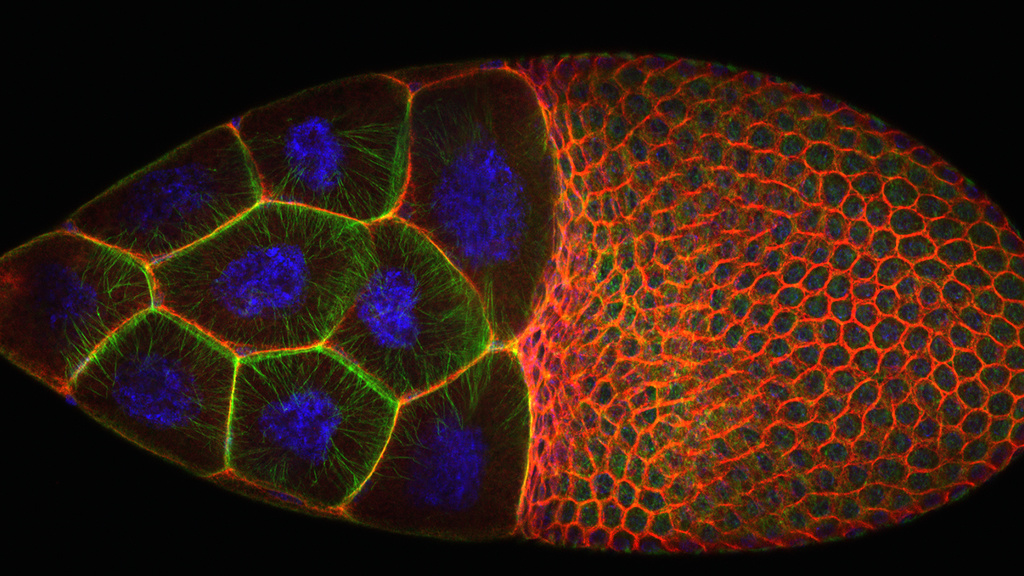
Postdoctoral Programs
Researchers interested in postdoctoral training will have many opportunities in The Department of Anatomy and Cell Biology.
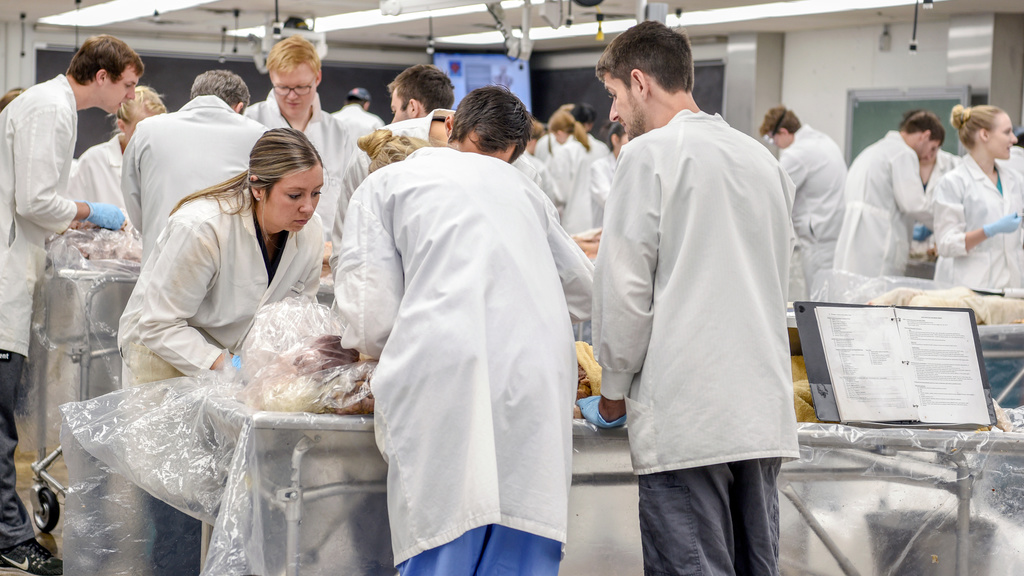
Master of Clinical Anatomy Program
The Master of Clinical Anatomy (MCA) program provides a comprehensive education focused on developing clinically relevant content knowledge in the anatomical sciences.
